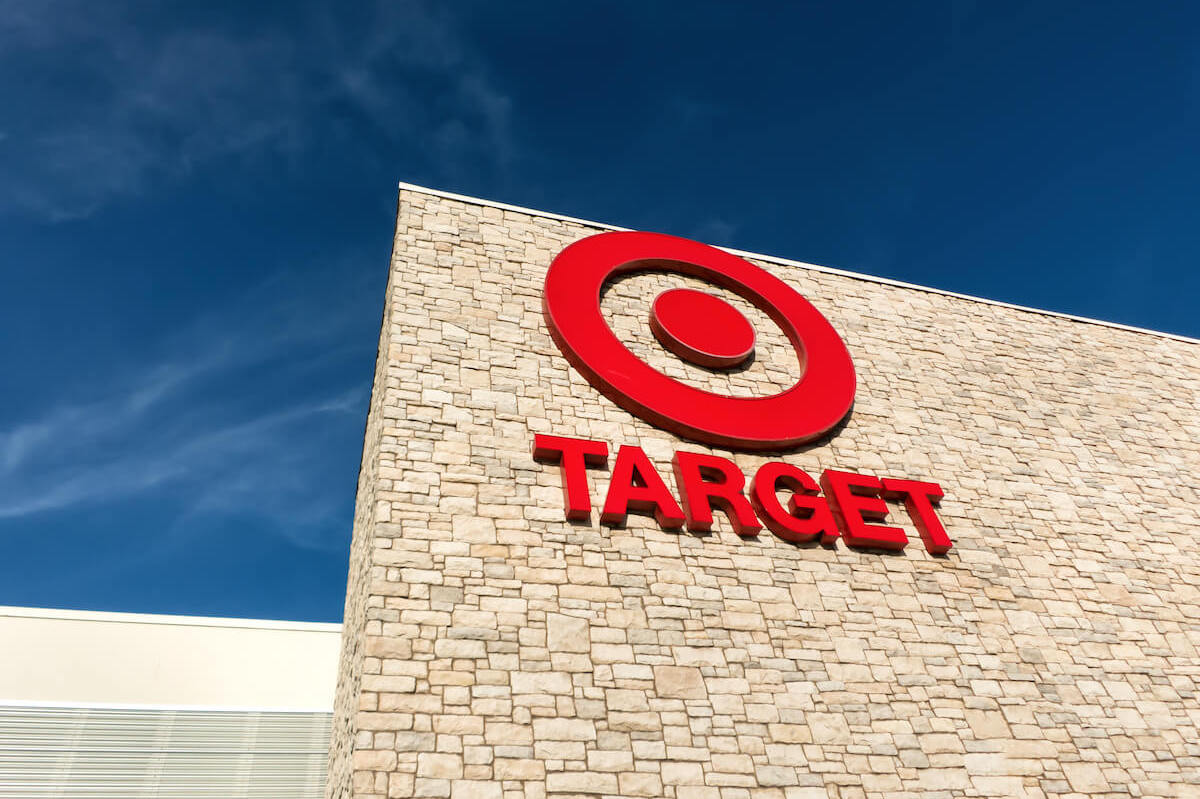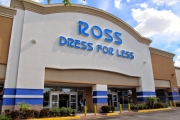The company's goal is to open new stores, renovate existing ones, and develop online retailing.

According to the officially unveiled plan, one of the largest U.S. retailers plans to invest $4 billion in long-term development over the next few years. Target will pay special attention to the opening of new stores and reconstructing existing ones. The company is also developing a segment of online trading, using the latest technologies.
The company is planning to open 30 to 40 new stores every year, most of which will be small. They are expected to be located near college campuses and major cities such as New York, Los Angeles, and Portland. Up to 200 stores will also be remodeled each year. The company plans to increase distribution centers and try new, more technologically advanced ways to replenish inventory. It will also test new approaches to online sales designed to make the process more efficient.
This strategy continues the one begun in 2020 when Target invested $2.65 billion in development. According to CEO Brian Cornell, this move allowed the company to achieve such significant growth last year. The considerable rise occurred from a sound long-term strategy, not a pandemic at all. New store openings and new brands' recruitment have contributed more to sales growth than the coronavirus.
However, the company is in no hurry to write off the pandemic itself, refusing to make a forecast for the upcoming fiscal year, citing the market's uncertainty caused by the coronavirus. And that led to a 6 percent drop in share price, even though the company's profits exceed analysts' expectations and Target's sales are steadily increasing.
In response to the disappointment caused by the lack of forecasts, Brian Cornell promised that his organization is "focused on maintaining and increasing market share, no matter what variables it has to face." On the other hand, investors are wary of a decline in Target's earnings amid higher employee salaries and markdowns in specific product categories. Another factor that raises fears among investors is Target's rapid development in 2020, which exceeds the performance of the previous 11 years. It is doubtful that the company will maintain this pace in the future, and a pullback may well follow such rapid growth.
Photo credit: depositphotos.com.
3 MARCH 2021, USA

 Boohoo expands online presence with new marketplace for fashion
Boohoo expands online presence with new marketplace for fashion Victoria's Secret expands presence in Melbourne
Victoria's Secret expands presence in Melbourne Inditex's Bershka set to enter indian market with Mumbai store
Inditex's Bershka set to enter indian market with Mumbai store Ross stores expands across the U.S. with 24 new locations
Ross stores expands across the U.S. with 24 new locations Chaumet opens doors to debut boutique in Italy
Chaumet opens doors to debut boutique in Italy Birkenstock is launching first store in France
Birkenstock is launching first store in France Salomon elevates brand presence with new Paris flagships
Salomon elevates brand presence with new Paris flagships  Amiri expands presence in California
Amiri expands presence in California  Crocs expands its presence in India with Apparel Group
Crocs expands its presence in India with Apparel Group  Best Buy Canada to expand presence with 167 small-format locations
Best Buy Canada to expand presence with 167 small-format locations  Arket expands into Italy with Milan flagship
Arket expands into Italy with Milan flagship